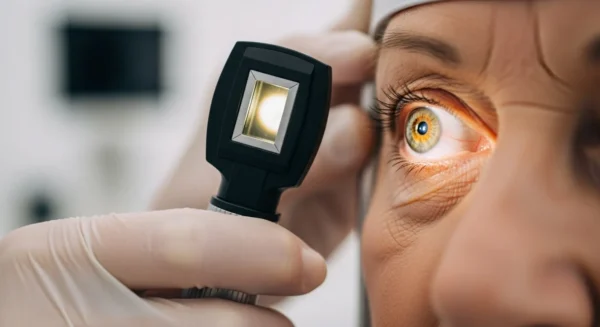
Financial Red Flags and Scams to Watch Out For
Seniors are often targeted by scammers because they are perceived to have significant savings. Being vigilant is your best defense against fraud and costly mistakes. The FTC provides extensive resources on identifying and reporting fraud.
1. The “Guaranteed” High-Return Investment Scam
How it works: A charismatic salesperson contacts you with an “exclusive” or “can’t-miss” investment opportunity that promises unusually high returns with little to no risk. They might use terms like “offshore investment,” “private offering,” or “pre-IPO stock.” They will create a sense of urgency, pressuring you to invest immediately before the opportunity is gone.
Warning signs: The promise of guaranteed high returns is the biggest red flag. All investments carry some degree of risk. Other signs include pressure to make a decision quickly, a request to wire money or pay with gift cards, and overly complex or vague explanations of the investment. If it sounds too good to be true, it always is.
2. The Grandparent Scam
How it works: You receive a frantic phone call from someone pretending to be your grandchild. They will say they are in trouble—perhaps they were in a car accident or arrested in another country—and need money immediately. They will beg you not to tell their parents and will ask you to send cash via a wire transfer or by purchasing gift cards and reading the numbers over the phone.
Warning signs: The intense emotional plea and the insistence on secrecy are classic manipulation tactics. Scammers can find your grandchild’s name on social media. Before sending any money, hang up and call your grandchild or their parents directly using a phone number you know is legitimate. Verify the story independently.
3. The Costly Mistake: Underestimating Healthcare Costs
This isn’t a scam, but it’s a financial trap that can derail even the best-laid retirement plans. Many people fail to budget for the full cost of healthcare in retirement. While Medicare covers a significant portion of medical expenses, it doesn’t cover everything. You are still responsible for premiums, deductibles, co-pays, and costs for services not covered, such as dental, vision, and long-term care. A healthy 65-year-old couple retiring today can expect to spend over $300,000 on healthcare costs throughout their retirement. Be sure to factor in rising premiums and potential out-of-pocket expenses into your budget. For the most accurate and up-to-date information on your coverage, visit the official source at Medicare.gov.















